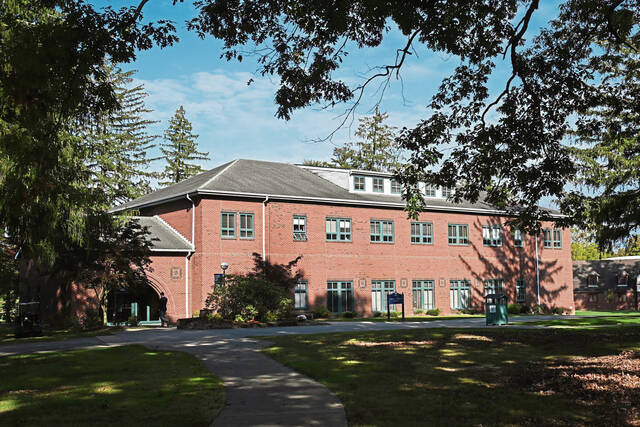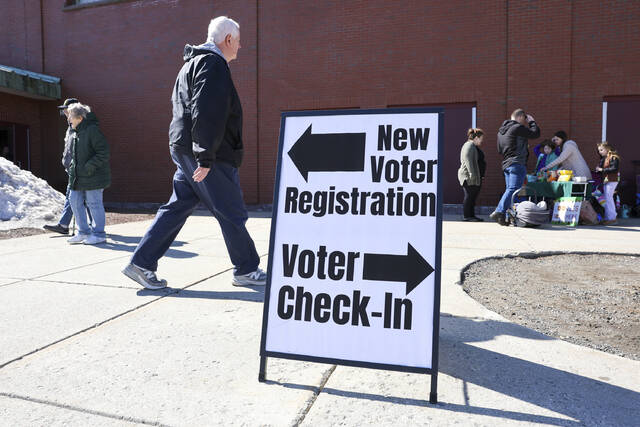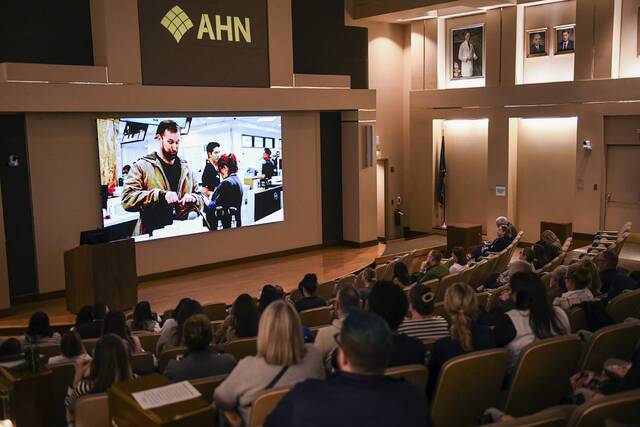In fall 2024, The Kiski School will be welcoming girls.
But will it really?
The school administration announced the move this month, with Head of School Christopher Brueningsen saying “maintaining enrollment has been challenging.”
It’s not just a Kiski problem. It’s an issue in single-sex boarding schools in general, which have seen a marked decrease in recent years. A boys-only or girls-only day school might do well, but parents aren’t sending away their children to live in that environment the way they did in decades past.
For The Kiski School, enrollment has been maintained thanks to “massive” fundraising operations that Brueningsen called unsustainable.
“We can’t sell people what they don’t want to buy,” he said.
That has prompted allowing non-faculty-related female students for the first time in the school’s 136 years. In a move that sounds like the plot of a coming-of-age movie, some alumni have responded with dismay. A group called Friends of Kiski Prep has raised $500,000 in the three weeks since the coed announcement and is asking for more time to raise money that would stave off the move.
There are two issues here. One is purely financial. Is there enough support among alumni to raise the millions of dollars needed to keep the school female-free? If there was, would the change have been considered necessary? Would the board have voted for it unanimously?
Kiski tuition is $52,000 a year. That’s 20% less than the national average for such a program. Even so, board chairman John Jacob said 87% of students receive some financial aid. Part of the decision to go coed was made to attract more “tuition-capable families.”
That brings us to the second question. It seems inevitable that girls will be part of the Kiski family eventually. Why is that a problem?
The boys who graduate from Kiski will have to interact with females. There are only three all-male colleges left in the United States, so it is likely to happen when they go to a university. Given the bios of the alumni, they will share offices, board rooms, movie sets, philanthropic events and more with women. Is knowing how to share space and responsibility with them really that bad an idea?
And what about the first girl who enters a Kiski classroom because she chose to do so rather than because her father works there? How is the shock and horror of the alumni translating to the middle school girls who might be in the Class of 2029, the first class of girls who could enter the school and spend all four years there? Do the parents of those potential students feel their daughters are welcome? Does enrollment really feel “open” to girls?
Kiski is a private school. Its board can do what it feels best. Its alumni are a community that can own their own feelings. But they should ask themselves whether resisting inclusion of young women in their long-lived and well-regarded program is best for their boys, for the men they will grow into — and for the school’s future.








